

Selecting the right screw manufacturer is critical for ensuring the quality and reliability of your projects. This comprehensive guide covers essential aspects of choosing a suitable supplier, including factors like certifications, material expertise, manufacturing capabilities, and quality control processes, helping you make an informed decision.Understanding Your Screw NeedsBefore you start searching for a screw manufacturer, take some time to define your requirements. Consider the following: Material: What material do you need your screws to be made of? Common materials include steel (carbon, alloy, stainless), aluminum, brass, and plastics. Size and Dimensions: What are the precise dimensions (length, diameter, head type) required for your application? Quantity: What is the order volume? (small batch, medium, large) Application: What is the intended use of the screws? This will impact material, coating, and strength requirements. Standards: Are there any industry standards (e.g., ISO, DIN, ANSI) that the screws need to meet? Customization: Do you require any custom features, such as special coatings, threads, or head designs?Finding Potential Screw ManufacturersNow that you know what you're looking for, it's time to find potential suppliers. Here are some avenues to explore: Online Search: Use search engines like Google to search for 'screw manufacturer,' 'custom screw manufacturing,' or 'screw suppliers [your location]'. Industry Directories: Explore online directories like ThomasNet, IndustryNet, and Kompass. Trade Shows: Attend relevant trade shows and exhibitions to meet manufacturers face-to-face. Referrals: Ask colleagues, partners, or industry contacts for recommendations.Evaluating Potential Screw ManufacturersOnce you have a list of potential manufacturers, it's time to evaluate them based on several key criteria:Certifications and ComplianceLook for manufacturers with relevant certifications, such as: ISO 9001: Demonstrates a commitment to quality management. IATF 16949: Specific to the automotive industry, indicates a high level of quality control. RoHS Compliance: Ensures that the screws meet environmental regulations regarding hazardous substances.Manufacturing CapabilitiesConsider the manufacturer's capabilities, including: Production Capacity: Can they handle your required order volume and lead times? Equipment and Technology: Do they have modern, well-maintained equipment? Materials Expertise: Do they have experience working with the materials you require? Customization Options: Can they accommodate your specific design requirements?Quality Control ProcessesInquire about the manufacturer's quality control processes: Inspection Procedures: Do they have robust inspection procedures at various stages of production? Testing Equipment: Do they have equipment for testing dimensions, hardness, and other critical properties? Statistical Process Control (SPC): Do they use SPC to monitor and control the manufacturing process? Material Traceability: Can they trace the materials used in their screws back to the original source?Pricing and Lead TimesObtain quotes from multiple manufacturers and compare pricing, lead times, and payment terms. Don't solely focus on the lowest price; consider the overall value proposition. Consider reaching out to Hebei Muyi Import&Export Trading Co.,Ltd for a competitive quote on your next screw order.Communication and Customer ServiceAssess the manufacturer's communication and customer service: Responsiveness: How quickly do they respond to inquiries? Technical Support: Do they have technical expertise to assist with your project? Problem-Solving: Are they proactive in addressing any issues that may arise?Requesting Samples and PrototypesBefore placing a large order, request samples or prototypes to evaluate the quality, fit, and performance of the screws. This allows you to verify that the manufacturer can meet your specifications.Building a Long-Term RelationshipChoosing a screw manufacturer is often the beginning of a long-term relationship. Look for a supplier who is reliable, responsive, and committed to providing high-quality products. Consider factors like financial stability, industry reputation, and long-term growth potential.Common Screw Materials and Their ApplicationsUnderstanding the properties of different screw materials is crucial for selecting the right option for your application. Here’s a breakdown of common materials: Material Properties Typical Applications Considerations Carbon Steel High strength, relatively inexpensive. General purpose applications, construction, machinery. Prone to corrosion if not properly coated. Stainless Steel Corrosion resistant, durable, good strength. Several grades available (e.g., 304, 316). Food processing equipment, medical devices, marine applications, outdoor use. More expensive than carbon steel. Alloy Steel Enhanced strength and toughness compared to carbon steel. Various alloying elements provide specific properties. High-stress applications, automotive parts, aerospace components. Can be more expensive and require specialized heat treatment. Brass Corrosion resistant, good electrical conductivity, aesthetically pleasing. Plumbing fixtures, electrical components, decorative applications. Softer than steel, less suitable for high-strength applications. Aluminum Lightweight, corrosion resistant, good thermal conductivity. Aerospace, automotive, electronics, construction. Lower strength than steel. Understanding Screw Head TypesDifferent screw head types are designed for specific applications. Here are some common types: Flat Head: Sits flush with the surface when installed. Round Head: Provides a rounded, finished appearance. Oval Head: A combination of flat and round, offering a decorative appearance with some countersinking. Pan Head: Wide, slightly rounded head, suitable for general purpose applications. Button Head: Low-profile, rounded head, often used for aesthetic purposes. Truss Head: Wide, low-profile head, providing a large bearing surface.The Role of Coatings and FinishesCoatings and finishes can enhance the properties of screws, such as corrosion resistance, wear resistance, and aesthetic appeal. Common options include: Zinc Plating: Provides corrosion protection for steel screws. Nickel Plating: Offers good corrosion resistance and a bright finish. Chrome Plating: Provides a hard, durable, and aesthetically pleasing finish. Black Oxide: Offers mild corrosion resistance and a matte black finish. Powder Coating: Provides a durable and colorful finish.Screw Manufacturing ProcessesUnderstanding the screw manufacturing process can help you appreciate the factors that influence quality and cost. Common processes include: Cold Heading: A process that forms the head of the screw by deforming the metal at room temperature. Thread Rolling: A process that forms the threads by rolling the screw blank between two dies. Machining: Used for producing screws with complex geometries or tight tolerances.By carefully considering these factors and conducting thorough research, you can find a screw manufacturer that meets your specific needs and helps you achieve success with your projects. Remember to prioritize quality, reliability, and communication to build a strong and lasting partnership. And don't hesitate to contact Hebei Muyi Import&Export Trading Co.,Ltd for all your screw needs - a reliable screw manufacturer focused on delivering quality.Disclaimer: This article is for informational purposes only and does not constitute professional advice. Always consult with qualified experts for specific applications.

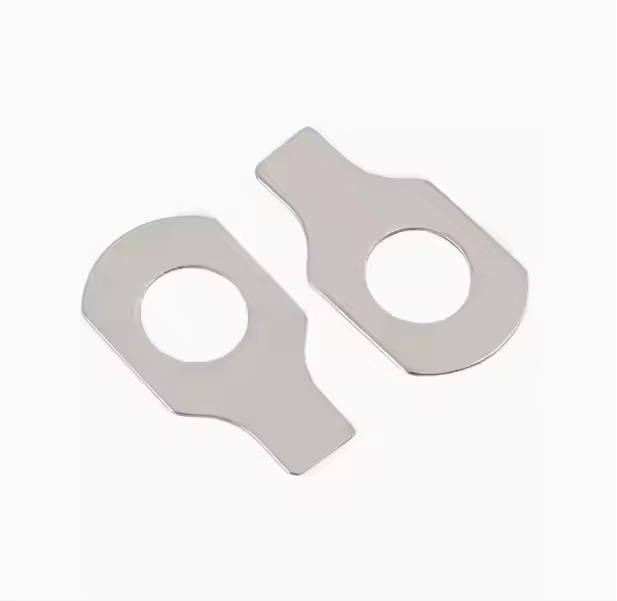
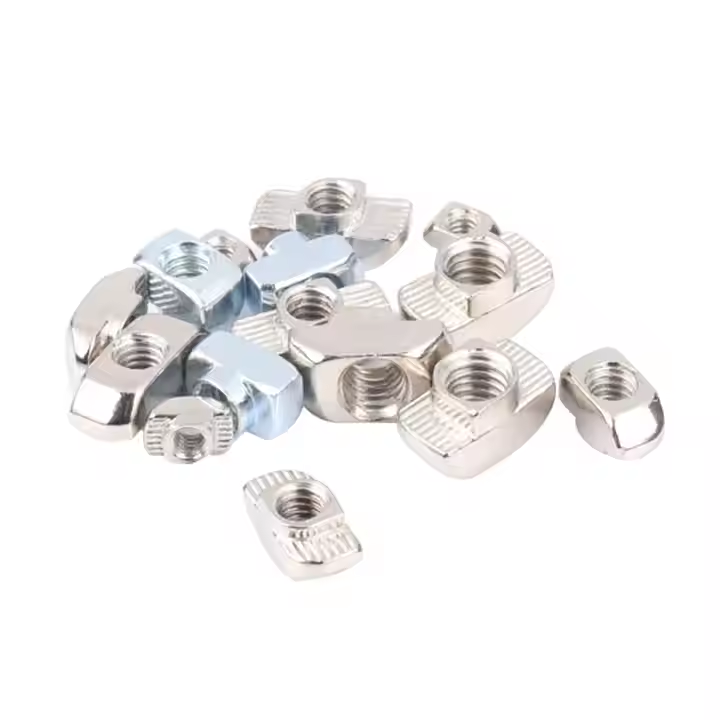
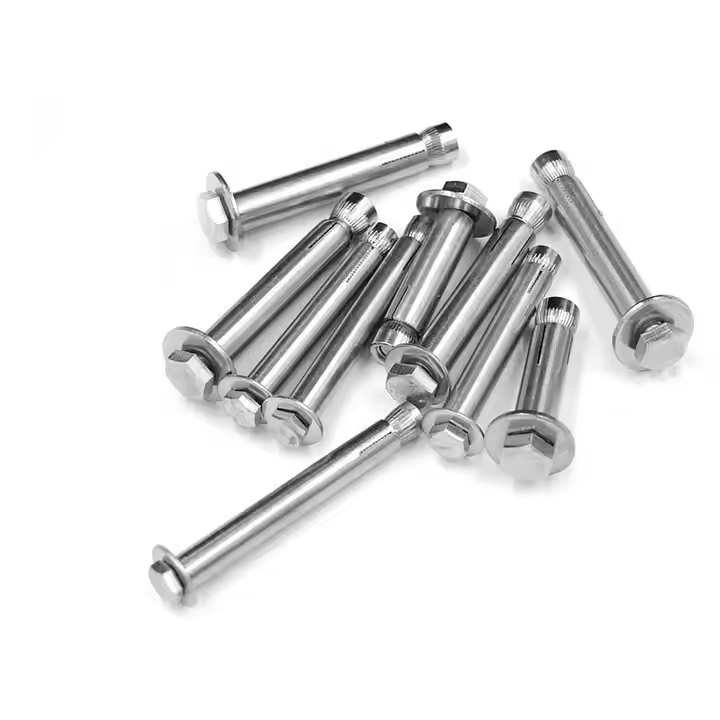



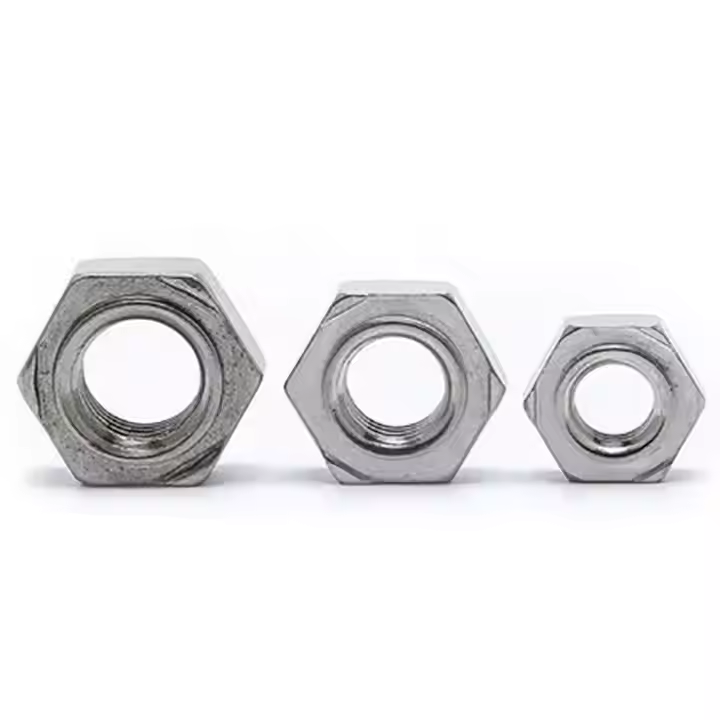


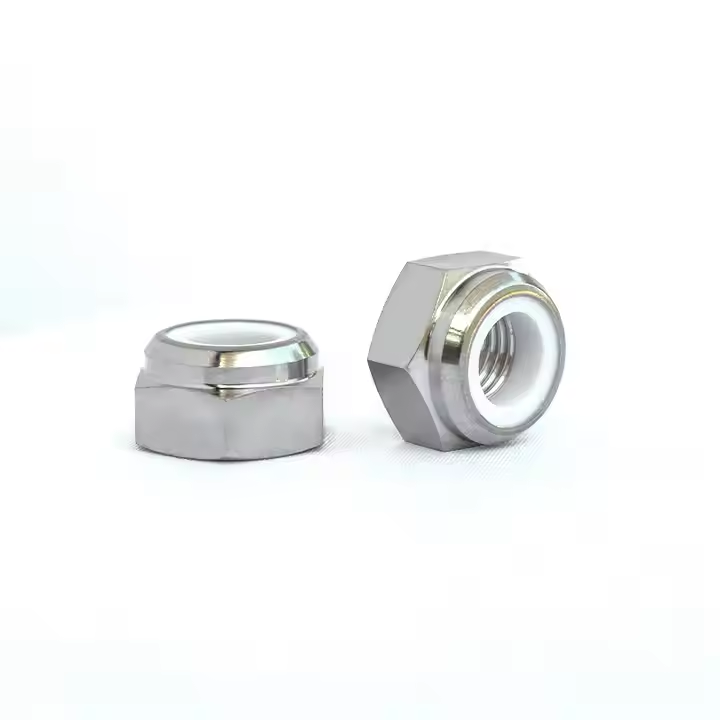

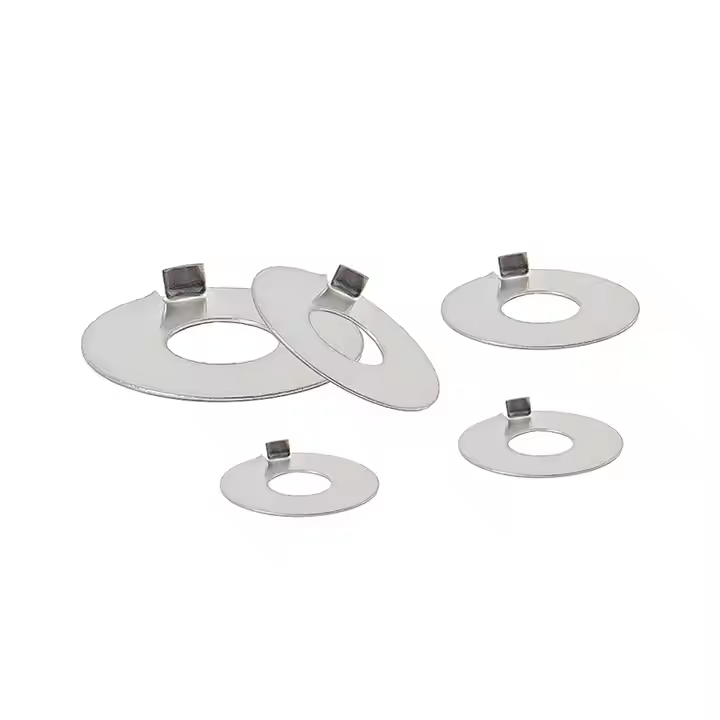
Please enter your email address and we will reply to your email.